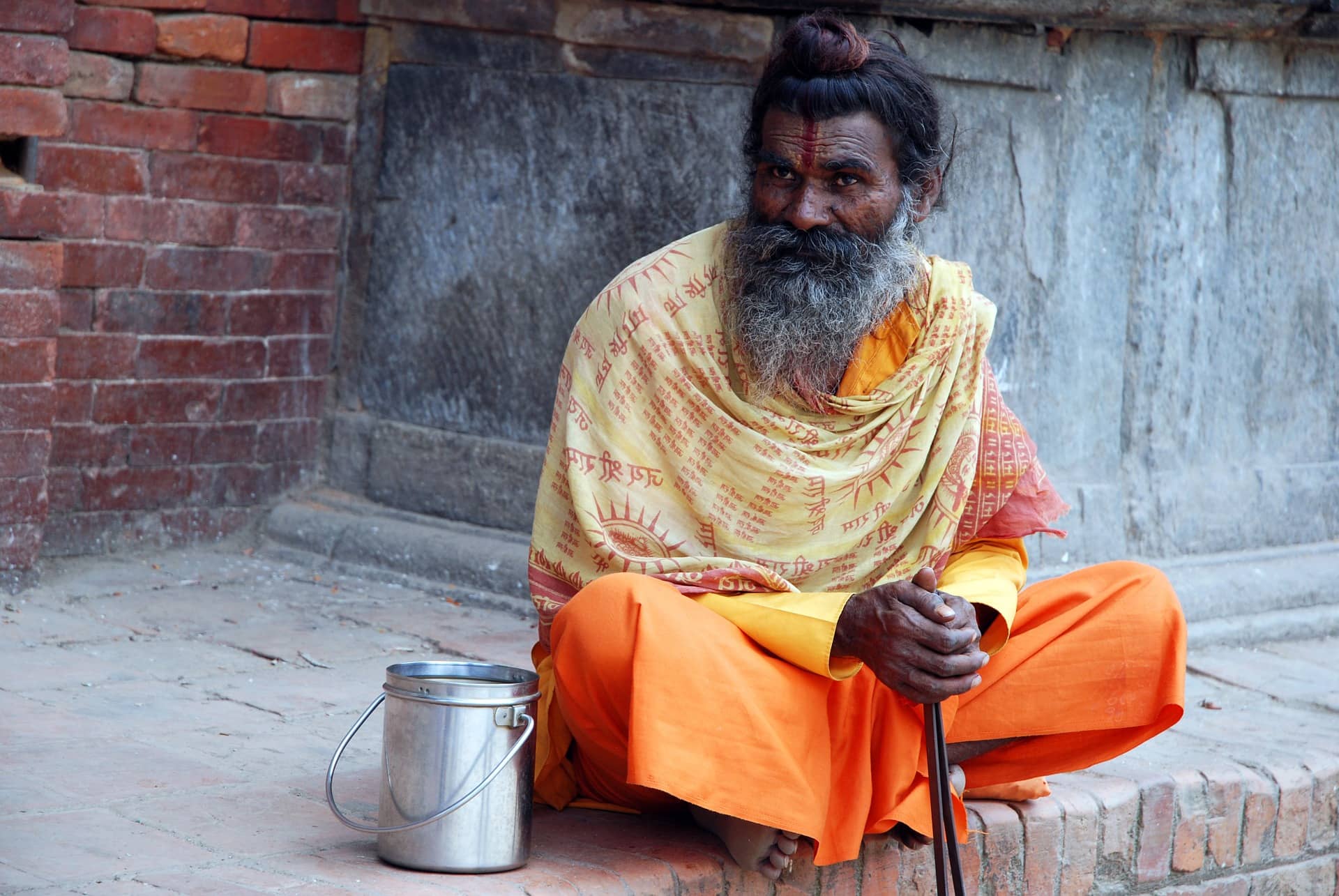Hinduism is uniquely a religion without fundamentals. We have, after all, an extraordinary diversity of religious practices within Hinduism which have no single sacred book but many. Hinduism is, in many ways, predicated on the idea that the eternal wisdom of the ages and of divinity cannot be confined to a single sacred book and we have no compulsory injunctions or obligations. We don't even have a Hindu Sunday, let alone an injunction to pray at specific times and frequencies.
Instead, what we have is a faith that allows each believer to reach out his or her hands to his or her notion of the creative Godhead of divinity. A faith which uniquely does not have any notion of heresy in it--you cannot be a Hindu heretic because there is no standard set of dogmas from which you can deviate that make you a heretic. Here is a faith so unusual, so unique, that it is the only major religion in the world that does not claim to be the only true religion. I find that incredibly congenial. For me, as a believing Hindu, it is wonderful to be able to meet people from other faiths without being burdened by the conviction that they are embarked upon a wrong path.
Hinduism believes that there are various ways of reaching the ultimate truth. To me, the fact that adherents of this faith, in a particular perversion of its tenets, have chosen to destroy somebody else's sacred place, has chosen to attack others because of the absence of foreskin or the mark on the forehead, this ultimately makes me, as a Hindu, deeply sorrowful and, in a very fundamental way, ashamed.
"Build Ram in your hearts" is what Hinduism has always enjoined. If Ram is in your heart, it would matter very little what bricks or stones Ram can also be found in, but this is a pluralist notion of Hinduism, this eclectic tolerance, which was very much in the minds of the believing Hindus in the nationalist movement as well as of those emerging from this Indic civilisation, who shared this pluralist national conviction.
That this notion of Indianness has somehow been reduced to a sectarian notion of so-called Hindutva is, to me, a travesty of what Hinduism really is. I too, as a Hindu, can say when people tell me garv se kaho ki tum Hindu ho, that I'm proud to be a Hindu, but in what is it that we are to take pride? I take pride in the openness, the diversity, the range, the lofty metaphysical aspirations of the Vedanta; of the various ways in which Hinduism is practised, eclectically, tolerantly, that is what I take pride in.
Unfortunately, there are those who take pride in Hinduism the way in which one might support a football team--as a badge of identity, rather than as a set of values, principles and beliefs, and so Hinduism becomes reduced in their retelling to nothing more than a label.
The word for Indian has almost become Hindu. All the latter meant was the people living across the river Sindhu or the Indus. Of course, the Indus now flows in Pakistan but nonetheless, the fact is that the notion of Indianness and Hinduness is very much caught up in what Dr Radhakrishnan so memorably spoke of as a way of life. That way of life has very little room for intolerance, for dogma, for attacks on others because of what they don't believe.

